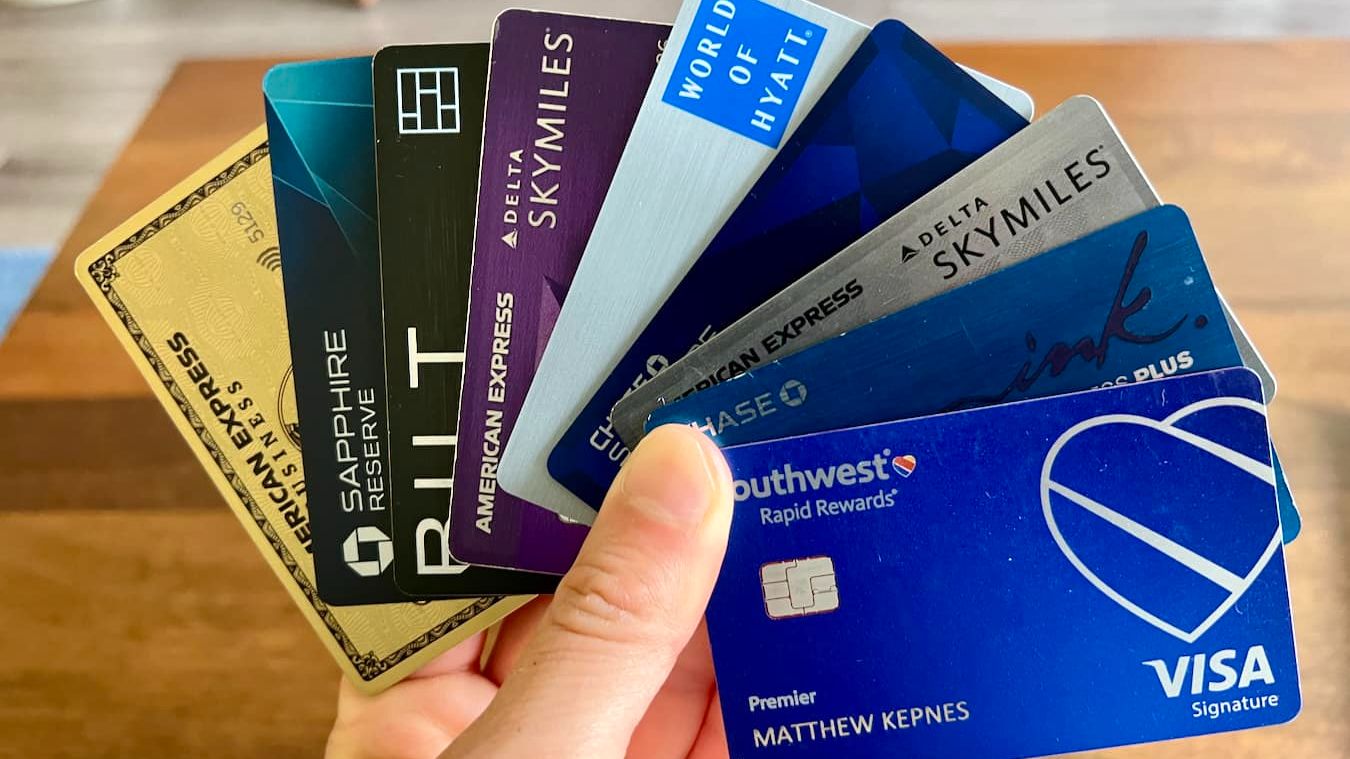Your Credit Card Journey
Nothing says adulthood in America like the introduction to credit cards.
Mere weeks after graduating college, my mail was flooded with offers from VISA, Mastercard, and AMEX begging me to start using their credit card that was JUST for me (how special am I?!).
I’ve already written about Credit Scores, but as a general reminder my take on credit cards is: They are powerful - both for good and bad.
There is a reason credit card companies are worth over $1.4 Trillion. They know how to make money.
If you might struggle with credit card debt, stick with a debit card - the perks will never be worth the debt.
If you have a credit card, but aren’t yet contributing to your 401(k) or IRA - stop reading this.
First, go read this.
Any benefits to gain from credit cards are pennies compared to the benefits of proper investing.
ALLLLLL that said, here’s exactly how I would start my credit card journey.
First, get yourself a Secured Credit Card (<650 Credit Score, No Credit Score).
If you don’t have any credit history, there’s a good chance the only card you’ll be approved for is a Secured Card.
These cards let you build credit while proving to credit agencies you know how to pay off monthly debts.
Here’s a list of some to pick from (Discover consistently has the highest rated one).
After ~12 months, open your bank’s standard credit card (670+ Credit Score)
Example: Chase Freedom, Bank of America Cash Rewards, Wells Fargo Autograph, etc.
These cards are normally low or no-fee, have decent points/cash back systems, and continue to build your credit.
These will also give you your first taste of a “welcome bonus”.
Welcome Bonuses are a Credit Card’s way to get you in the door.
They require you to spend a certain amount beforehand though (Chase Freedom will give you a $200 bonus after you spend $500 in the first 3 months of opening the card).
This is also the first entry into categorized points/cash back.
Basically, the amount of points or cash back you get will change based on where you use the card. The Chase card is broken out as follows:
- 1.5% back on everything
- 3% on dining and drugstores
- 5% on travel purchased through Chase Travel (think of this as a Travel Portal specifically for Chase customers. Most companies have their own version of this)
After 18-24 months with that card, the world can split into two paths:
You can either lock-in to a branded credit card or a generic credit card. Each will likely require a credit score above 720.
If you are passionate about specific brand perks, get that brand’s credit card.
Like upgraded flights, early boarding, and free bags? You’d want to look at a credit card tied to your preferred airline (United’s Chase, Delta’s AMEX, American Airlines’ Mastercard, Southwest Rapid Rewards, etc.)
Like hotel room upgrades or late checkouts? Getting a Marriott or Hilton credit card will help with your status at those hotels.
However, those benefits don’t really extend outside of that brand.
If you care less about brand loyalty and want to maximize the dollar value of your rewards, you probably want to pursue a generic credit card: Capital One Venture, Chase Sapphire Preferred, AMEX Gold, etc.
These cards tend to have better Welcome Offers and flexibility in using the points, however they likely won’t provide any specific brand perks you find with the other cards.
For example, the Chase Sapphire Preferred has more bonus categories than the United Quest, but spending on my United Quest goes towards my United Premier Status.
I travel enough for work where the better flying experience is worth earning marginally fewer points.
Wherever you fall, the ultimate authority and site for credit cards is The Points Guy.
These guys go DEEP on options with credit cards and talk through different cards for your gas, grocery store, retail stores, etc.
It really becomes a balance of how much effort you want to put in and ensuring the rewards you get back are worth it.
My wife and I only have two cards and are quite happy with them.
Just remember, don’t open more than one credit card per year and don’t forget you own that credit card. Even a $10 balance you forgot about will tank your credit score after a few months of no payment.
Questions on where to go with your Credit Card journey? I'm always an email away!


